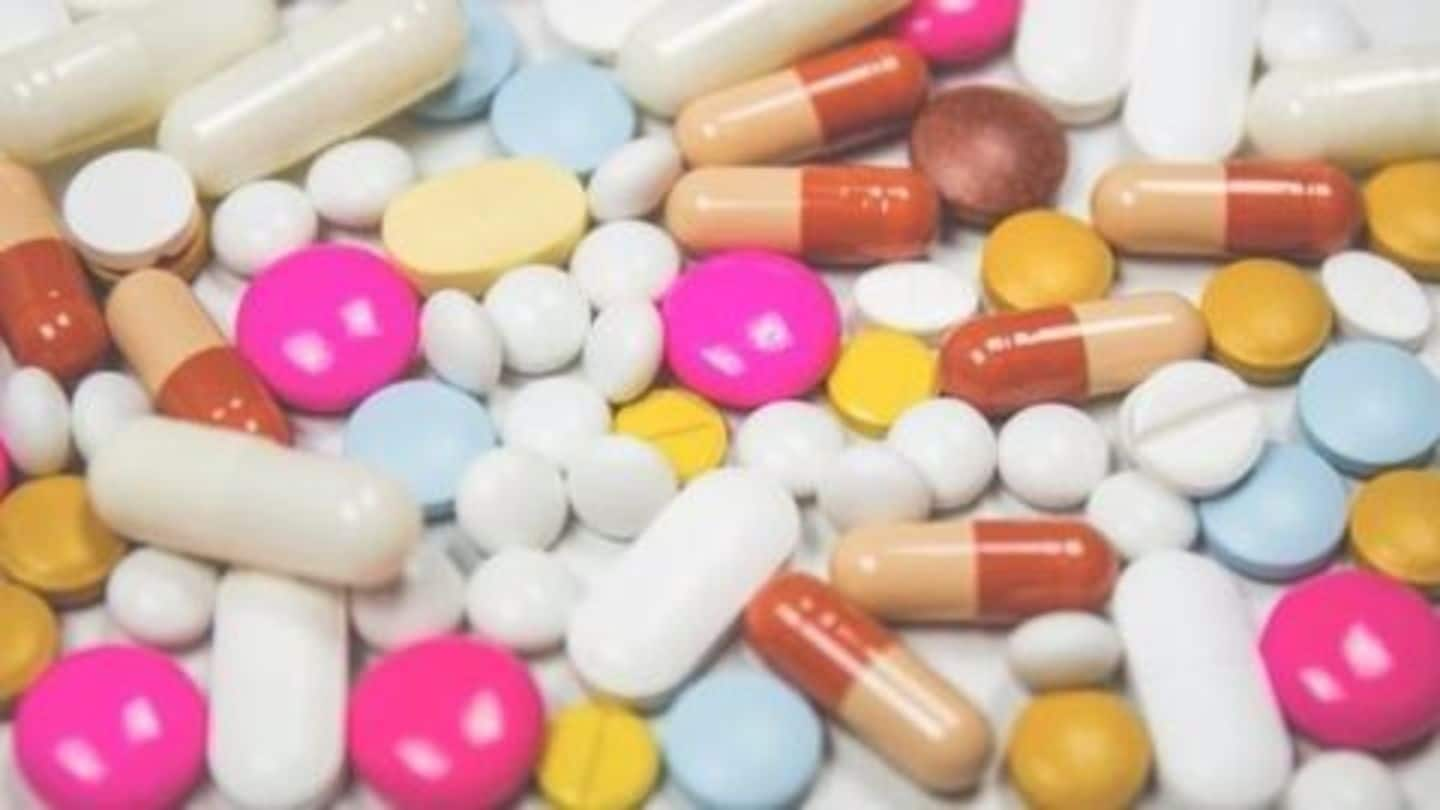
Anti-malaria drug to hit Indian markets by 2018
What's the story
India is likely to get an anti-malarial drug in the market by 2018, reports said. If the one-day treatment drug, Tafenoquine, developed by GlaxoSmithKline, hits the Indian markets, it would replace the existing 14-day treatment With efforts to combat the disease increasing, India has seen a spirited increase in the number of projects targeting malaria.
About
India's vector borne disease control programme
Pitched to be a public hazard, India's Ministry of health and family welfare launched the National Vector Borne Disease Control Programme to help counter Malaria. The board helped frame guidelines and policies and launched country-wide malaria clinics, and health institutions. The board also introduced a village medical volunteer program called ASHA, where the volunteer provides medical treatment for malaria at the village level.
Information
The malaria numbers
In a country with over a billion people, India's efforts to fight the disease has produced positive results. In 1995, there were around 2.93 million malaria cases which saw nearly 1151 deaths. In 2014, it declined to 1.10 million malaria cases, with around 561 deaths.
Finances
Investments to counter the disease
The number of anti-malaria projects in India has increased from 17 in 2008, to 46 in 2016. The increase in the number of projects is attributed to the higher amount of investments across the globe to counter the endemic. From $130 million in investments sixteen years ago, expenditures have risen to $2.7 billion in 2015. Research and development clocked the major investments.
Quote
Anti-malaria combat hinges on research
"There is a need to work very hard to reduce timeline for regulatory approval, pre-qualification- that is going to define how we achieve the 2040 timeline for eradication of malaria globally," said Janice A Culpepper, Bill & Melinda Gates Foundation in Seattle.